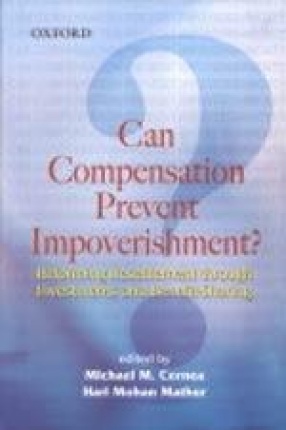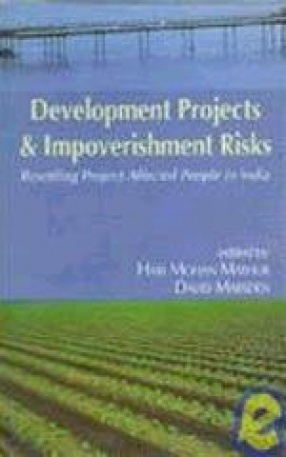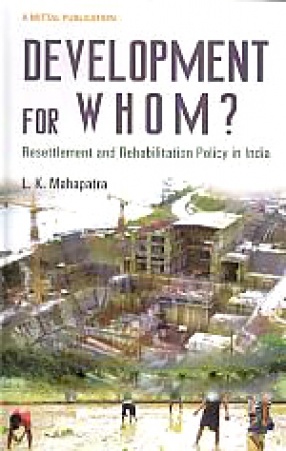The international public debate on development-caused displacement and resettlement is intensifying. Social science research is feeding into these debates new empirical findings and recommendations for reforming the economic foundations and legal norms of resettlement policies. Critical of government as well as private sector projects that impoverish those forcibly relocated, this volume rejects the long-held key thesis that compensation is in itself enough to restore and improve the livelihoods disrupted by displacement. Instead, the authors of this volume, a group of the world’s best known resettlement scholars–sociologists, anthropologists, economists, ecologists and legal experts–recommend changing displacement policies, laws, and practices, by adding investment financing, and ex-post benefit-sharing to full compensation. They argue for avoiding or reducing displacements, and provide risks-informed theoretical model to analyze and guide resettlement. Good as well as bad experiences from several countries are discussed. This book comes at a time when those displaced are increasingly opposing the pathologies of impoverishment by forced displacement. Their voices, argue the authors, speak of basic needs and human rights, and must be heard. A major contribution to social science and development studies literature, this volume is a sourcebook for policy makers, state officials, development practitioners, displaced populations, industry managers, civil society groups, planners, social scientists, academics and students.
Development Projects and Impoverishment Risks: Resettling Project-Affected People in India
The human costs of economic ...
$20.70
$23.00








There are no reviews yet.